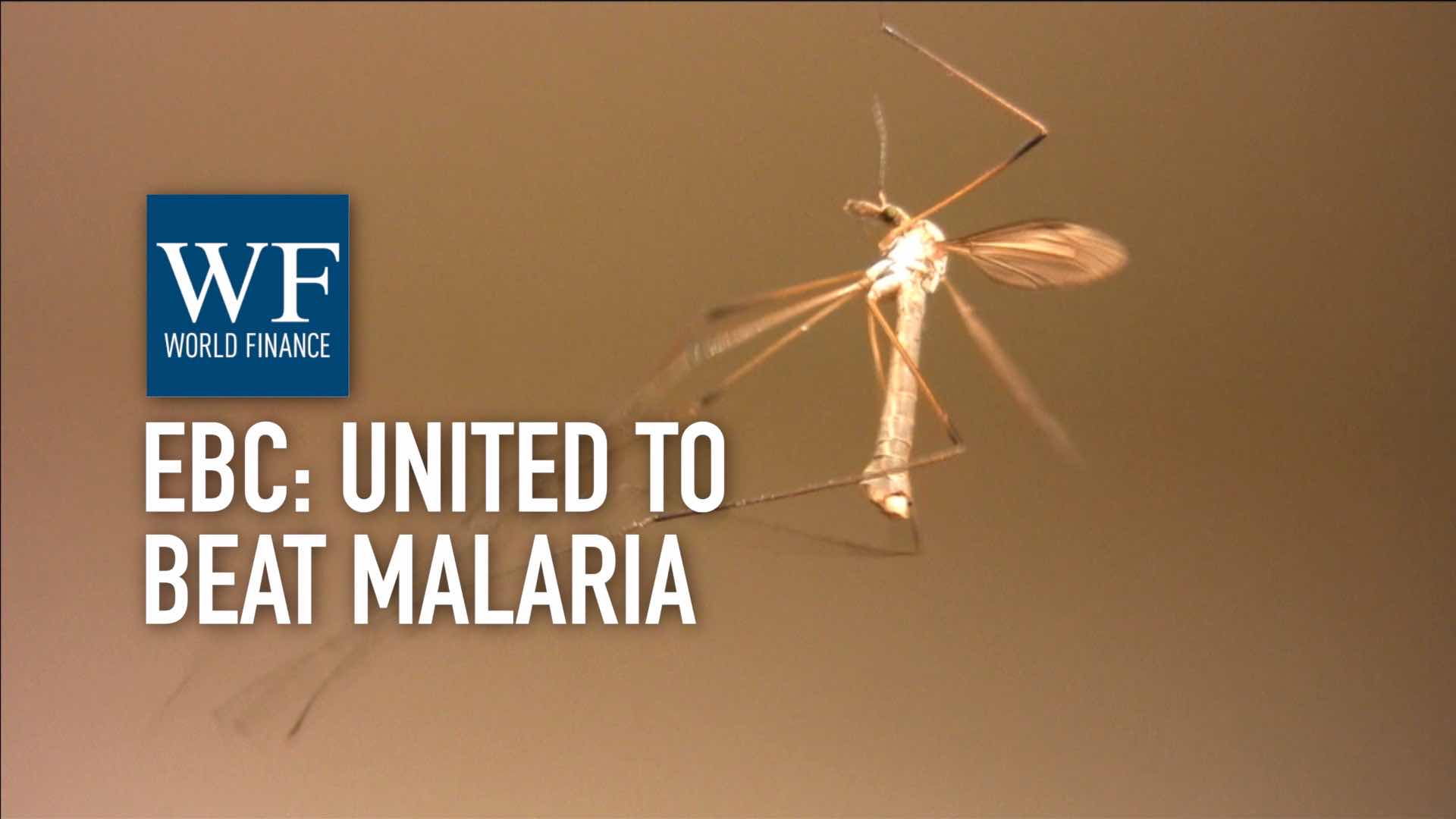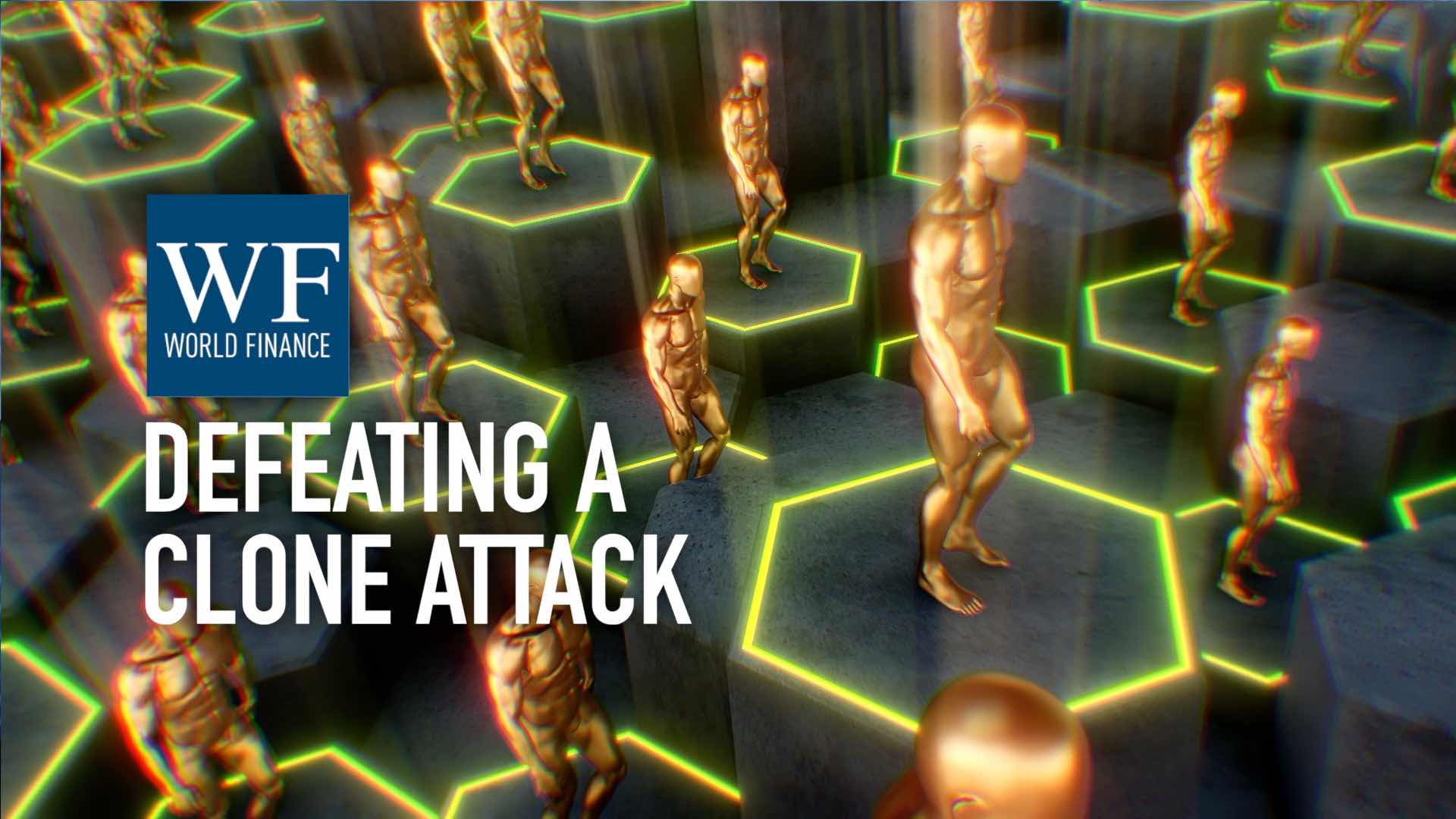Peter Fort on Ras Al Khaimah | RAK Free Trade Zone | Video
World Finance interviews Peter Fort, CEO of the Ras Al Khaimah Free Trade Zone, on Ras Al Khaimah's strategic location and business strengths
Related:
Transcript
Ras Al Khaimah, the northernmost emirate in the UAE, has grown into an industrial and trading hub. Its economy continues to expand, growing eight percent in 2011 and 2012, and the government forecasts similar growth for 2013. What drives this growth, and what makes Ras Al Khaimah stand out from the other emirates? Peter Fort, senior economic advisor to the Ras Al Khaimah government, and CEO of the Ras Al Khaimah Free Trade Zone, discusses the emirate’s strategic location, and the four sectors pushing RAK ahead of the rest of the UAE.
World Finance: Let’s begin with the geography of Ras Al-Khaimah, then: where are you located?
Peter Fort: Only about an hour from Dubai, which is of course a very strategic location, given Dubai’s status as a logistical centre of the region. In fact, we’re only located about 45 minutes from Dubai airport, which provides investors in Ras Al-Khaimah quick and easy access to most regions around the world.
The distance is quite short. We sit here in the London Stock Exchange Studios, Heathrow Airport would probably take well over an hour at this time of day. And so, it’s a very convenient location for investors to be based in.
Investors have used Ras Al-Khaimah as a base to address emerging markets in places like South Asia as well as Africa
World Finance: And how important is that strategic location to businesses?
Peter Fort: It’s really become increasingly quite strategic, because historically there’s obviously a strong heritage of being this trading centre of the Middle East. But, more importantly, recently investors have also used Ras Al-Khaimah as a base to address markets, not just in the Middle East, but emerging markets in places like South Asia, whether it’s Pakistan or India, as well as Africa – in particular east Africa.
In addition, companies are able to take advantage of UAE’s and Ras Al-Khaimah’s position on the new Silk Road, which is the bridge between Asia and the West. And really be able to take advantage of intermediating the trade flows between East and West.
World Finance: Aside from the location then, what makes Ras Al-Khaimah an attractive destination for businesses and investors?
Peter Fort: First of all I’d say safety and security. Given the Middle East region, and especially the instability that we’ve experienced recently, the fact that the UAE has been historically and continues to be a very safe and secure place, and in particular Ras Al-Khaimah, is an important one.
Second, stability, from a political and economic perspective. The government has pursued very prudent economic policies. S&P and Fitch have granted the Ras Al-Khaimah government an A rating, which is really a testament to the stability of the emirate.
And third of course, infrastructure. That’s, of course, important for any business to set up in a region. And Ras Al-Khaimah benefits from very modern and comprehensive infrastructure, both hard infrastructure, whether it’s the road links – we have two 12-lane super-highways linking Ras Al-Khaimah to the rest of the emirates. Ports, an airport as well. Or the softer, social infrastructure. Whether it’s housing, which is very attractive. Whether it’s educational facilities, healthcare facilities. As well as shopping and entertainment.
All of these are available at a very competitive cost. So, the cost of living in Ras Al-Khaimah is substantially lower than the UAE average, which is in this day and age, a very important consideration for many businesses.
“Tourism has grown very very quickly over the last few years. Last year we passed the one million visitors mark”
World Finance: And all these things are tying together into this eight percent GDP growth rate; what sectors are driving that growth?
Peter Fort: We really rely on four key pillars of the economy. It’s industry, trade, services, and tourism.
Number one: industry. Quite an important sector for Ras Al-Khaimah. Ras Al-Khaimah is the most industrialised of the UAE’s emirates, with 30 percent of the economy being attributed to industry and manufacturing.
Second of course, trade. You know, there’s a historical heritage and strength for the region. It continues to be a very important element, and Ras Al-Khaimah supports trade activities with very strong logistical infrastructure.
And third, services. Of course, as in any economy a very important contributor, in particular financial services, with many banks from the UAE and the region basing themselves in Ras Al-Khaimah, having presence in Ras Al-Khaimah, as well as RAK Bank, which is owned partially by the government of Ras Al-Khaimah, and has been a leader within the UAE in the financial sector.
World Finance: You mentioned tourism as well, what developments are happening there?
Peter Fort: Tourism has grown very very quickly over the last few years. It’s only last year that we passed the one million visitors mark. This year we’re looking towards 1.2 million visitors. We in fact have invested in the hospitality industry quite substantially, and within the next six months or so we’ll have doubled the number of hotel rooms available in Ras Al-Khaimah.
At the beginning of this month we have opened the Waldorf Astoria, which is the first Waldorf Astoria in the Middle East. It’s quite an impressive property. Beginning of next year we’re going to be opening a very large Rexis hotel on Al-Marjan island, which is a super all-inclusive. While it’s of course very common in Europe, in the Middle East in general it’s a concept that hasn’t really been implemented yet, and we believe it will have a lot of demand.
World Finance: So, a lot of opportunities across the sectors.
Absolutely. We welcome foreign investors with open arms, and there are many opportunities for them to get engaged in. Whether it’s in the free zones, or onshore.
World Finance: Peter, thank you very much.
Peter Fort: My pleasure, thank you.

 ‘We’re trying to do good things, rather than just wave a flag’: EBC unites to beat Malaria
‘We’re trying to do good things, rather than just wave a flag’: EBC unites to beat Malaria How to defeat a clone attack, and other lessons from a rapidly growing brokerage
How to defeat a clone attack, and other lessons from a rapidly growing brokerage
